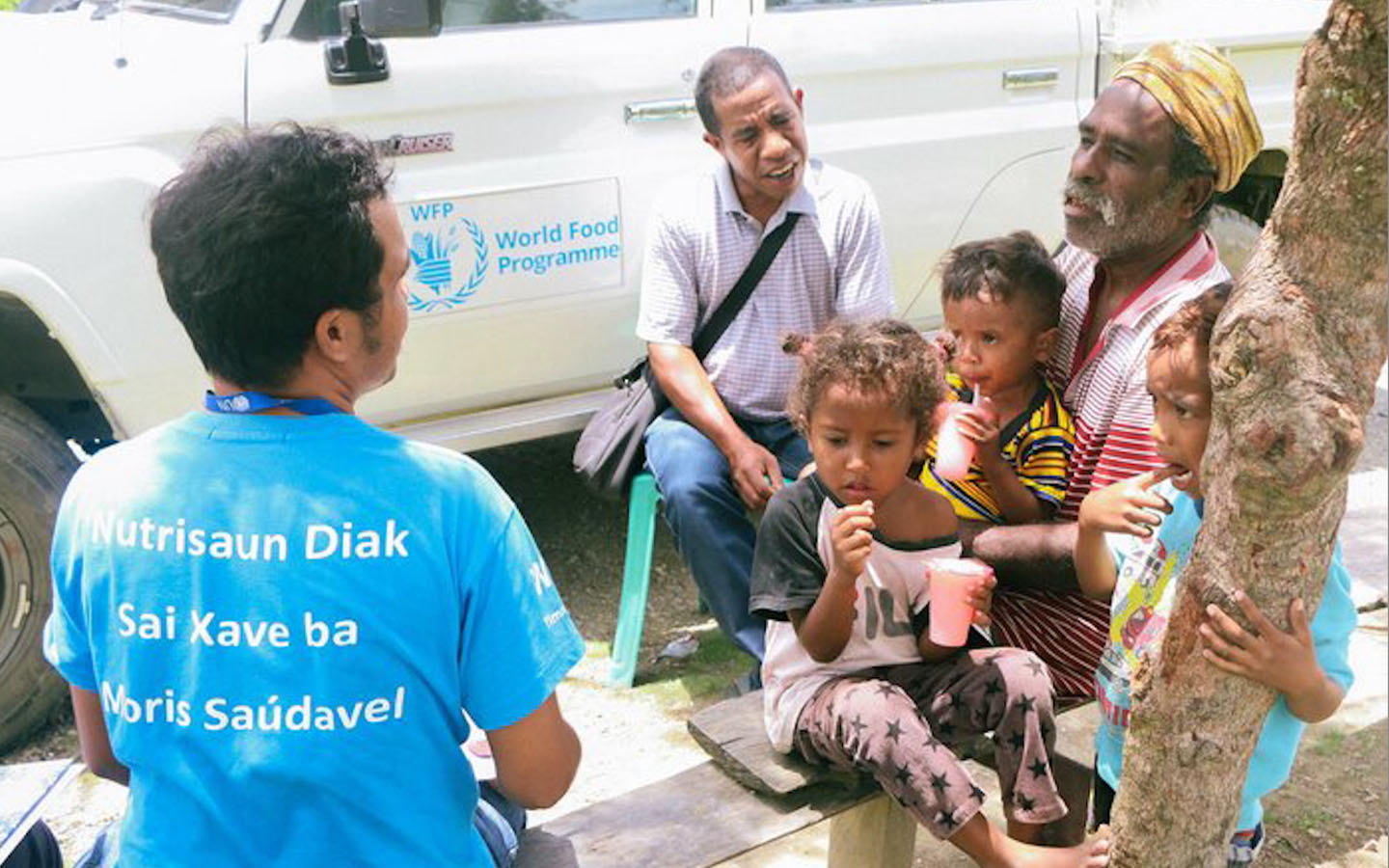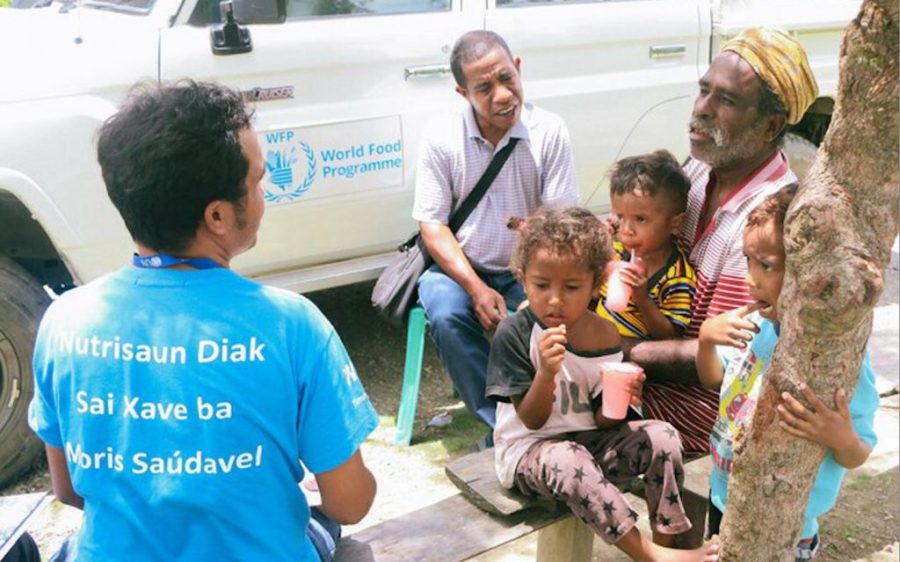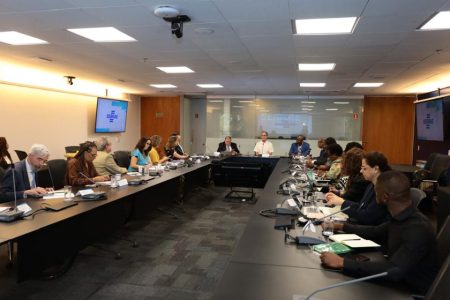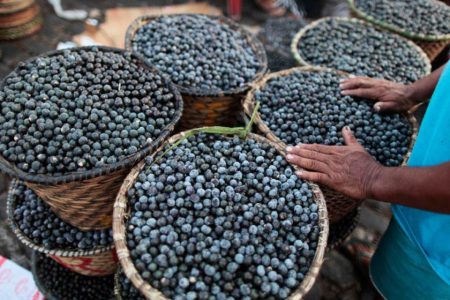The Timorese government, in partnership with the World Food Program (WFP), began providing food assistance on Monday for the more than 18,000 residents of Timor-Leste most impacted by El Niño.
The initiative will provide basic food products for the next three months, as well as “super cereals,” a type of fortified food used to prevent malnutrition in young, pregnant and lactating women. “This intervention is crucial to ensuring the protection and food security of people in need in six municipalities affected by El Niño,” said Verónica Das Dores, minister of social solidarity and inclusion, which is leading the initiative in cooperation with other government ministries.
The Timorese government’s “coordinated efforts with WFP ensure that the most vulnerable populations receive the assistance they need during these difficult times,” she said.
[See more: China and UNICEF partnership tackles ongoing recovery efforts in Timor-Leste]
As a small island nation, Timor-Leste relies on a mix of imports and rainfed agriculture for food. The El Niño phenomenon has caused drought conditions and delays in rain since September 2023, as well as flash floods during the country’s main planting season. This both harms agricultural production and income, limiting people’s ability to purchase expensive food imports.
The six most affected regions – Bobonaro, Covalima, Ermera, Lautem, Liquiçá and Manufahi – will receive 720 tons of basic food products, such as rice, legumes and cooking oil. Cecilia Garzon, WFP representative for Timor-Leste, considers the programme “essential to alleviate the difficulties faced by the most vulnerable populations.” The WFP is also working with the Timorese government to mitigate the impact of climate change and increase the resilience of communities.
Funding support for the food assistance initiative came from a rapid response grant from the UN Central Emergency Response fund and is being implemented through three UN agencies: the WFP, the Food and Agriculture Organization (FAO) and the Children’s Fund (UNICEF).






